As peace in Ukraine seems still far and the conflict is witnessing a new escalation of violence, a new breed of private military companies is already emerging, ready for a post-conflict Ukraine. Rooted in a draft legislation “On International Defense Companies” proposed on April 2024, the Ukrainian government aims to channel combat-seasoned veterans into regulated, transparent security firms rather than leave them adrift or, worse, turn them into mercenaries for hire in distant conflicts from the Sahel to the DRC.
By framing Private Military Companies (PMCs) as legitimate employers under strict oversight, complete with licensing, arms registers and accountability mechanisms, a well-crafted law could both ease demobilisation pains at home and forestall the proliferation of unaccountable fighters abroad. Regulated PMCs could also provide financial stability for former soldiers and create a new revenue stream for Ukraine’s post-war reconstruction budget.
Moscow has taken notice. Some voices in Russia are already signalling that a condition for any long-term ceasefire could be a ban on Ukrainian PMCs, particularly those operating abroad. The concern is clear: future Ukrainian PMCs are likely to field not just battle-hardened boots on the ground but also elite combat drone operators, especially the frontline drone pilots, skilled intelligence analysts, hackers with cyberwarfare expertise and access to cyber weapons and frontline-experienced medical teams, all for hire.
In effect, they would form a highly capable force and be a direct competitor to Russia’s Wagner Group, but with even more sophisticated capabilities in modern warfare and, most importantly, being palatable to the West. These PMCs will also capitalize on the combat experience of Ukrainian fighters, turning them into a force multiplier for regular armies worldwide by offering highly sought-after training in battle-tested tactics.
It is not by chance that at a June 4 news conference in Berlin, President Volodymyr Zelensky signaled he may be open to the creation of private entities in Ukraine, a pointed response to a recent Russian memorandum demanding that Kyiv dismantle all “nationalist formations” and private military companies.
The danger is that without proper regulation, highly trained and heavily armed veterans could operate abroad in a legal grey zone, behaving more like mercenaries than legitimate private military contractors. History offers a grim preview of what can happen when such forces operate without oversight. Russian veterans returning from the brutal urban combat of the Second Chechen War, many scarred by PTSD, often fell into cycles of addiction or found new purpose in criminal syndicates and mercenary outfits, some enlisted in a little-known outfit at the time, the Wagner Group.
The modern mercenary landscape abounds with such examples: Colombian ex-soldiers linked to the assassination of Haiti’s president, to former ISIS fighters serving as proxies in the Libyan civil war. Together, these forces blur the line between statecraft and criminality, embedding themselves in the global black market that trades in weapons, narcotics and human trafficking.
At the same time, the legality, accountability and military utility of PMCs are still highly debated. One certainty is that rogue PMCs have the same corrosive effect on societal cohesion as mercenary groups.
The urgency is clear: the privatisation of warfare is not slowing down, and mercenaries are increasingly deployed as tools of state influence, operating in a legal grey zone where plausible deniability meets profit. The Wagner Group, now rebranded Africa Corps, keeps client government weak and the security situation in flux, ensuring continued demand for their services while securing access to lucrative natural resources. It’s no coincidence that the group’s chilling motto, “Death is our business,” endures, even after its leader, Yevgeny Prigozhin, perished in a fiery plane crash following his failed coup.
Today, this privatised model of conflict complicates traditional notions of state-controlled violence. Without clear rules, rogue PMCs can destabilise regions, undermine peacekeeping efforts, and siphon talent from local security forces. Worse, history suggests that mercenaries, driven by profit, are often incentivised to prolong conflicts rather than resolve them. While the societal costs of unaccountable PMCs and mercenaries are borne locally, the consequences ripple globally.
Yet not all private military firms operate in the shadows. Stringent international standards, accountability and adherence to human rights by PMCs could play a constructive role in regions where states are unable or unwilling to provide security services.
If Ukraine’s future framework for regulating its veterans succeeds and prevents a mercenary Wild West, it may offer a blueprint for other nations grappling with the aftermath of conflict. The alternative, a world increasingly dominated by shadow armies, risks normalising a privatised form of violence with few checks, vast profits and long-term negative effects on social cohesion.
Ukraine’s own Wagner Group
The Ukrainian government aims to channel combat-seasoned veterans into regulated security firms
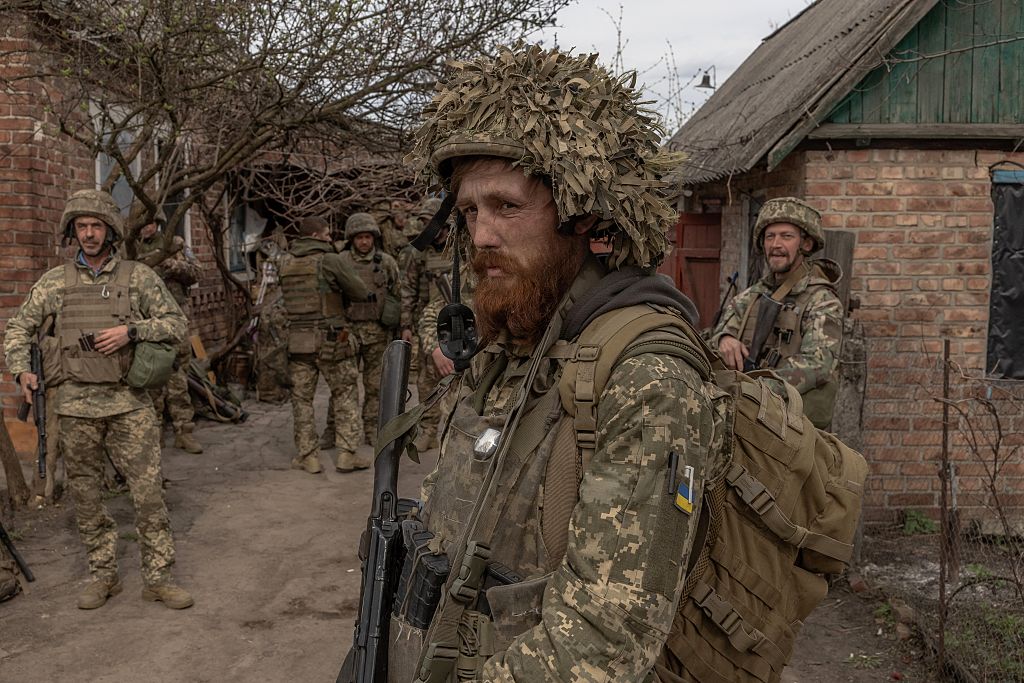
Ukrainian infantry soldiers of the 23rd Mechanized Brigade (Getty)
As peace in Ukraine seems still far and the conflict is witnessing a new escalation of violence, a new breed of private military companies is already emerging, ready for a post-conflict Ukraine. Rooted in a draft legislation “On International Defense Companies” proposed on April 2024, the Ukrainian government aims to channel combat-seasoned veterans into regulated, transparent security firms rather than leave them adrift or, worse, turn them into mercenaries for hire in distant conflicts from the Sahel to the DRC. By framing Private Military Companies (PMCs) as legitimate employers under strict oversight, complete with licensing,…










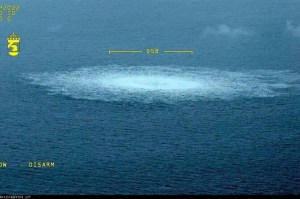

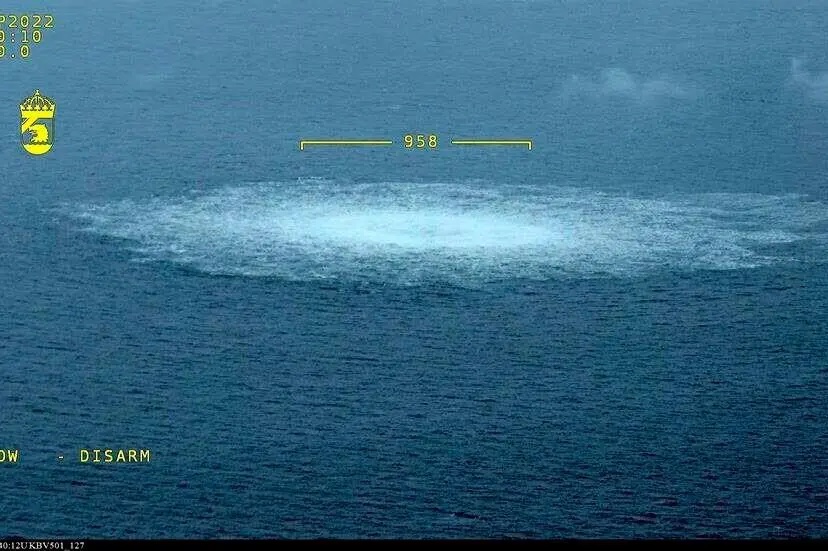
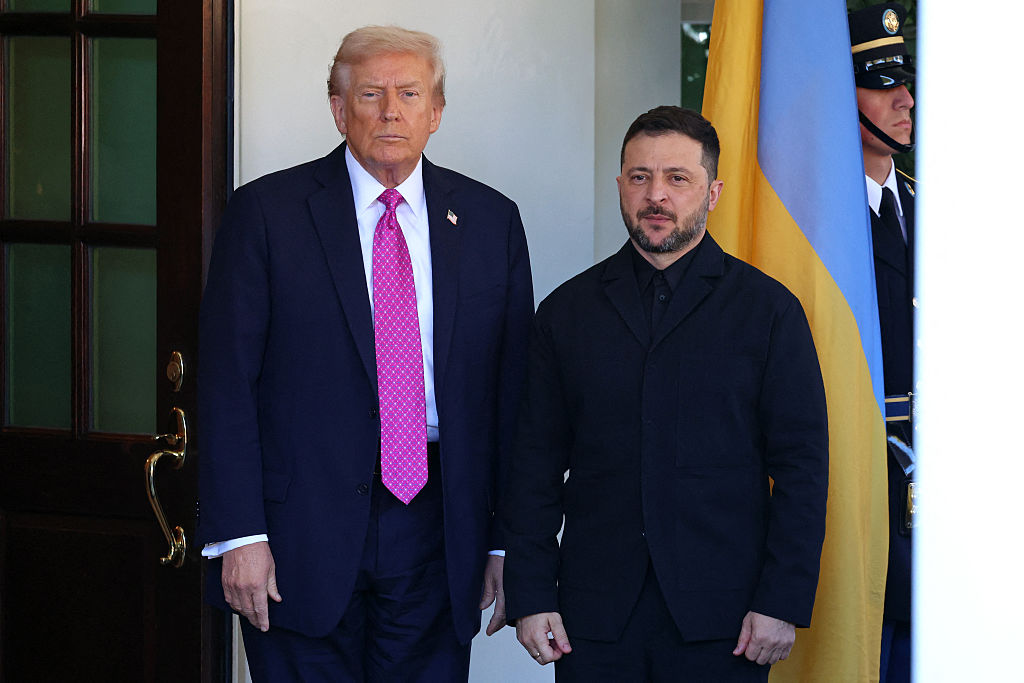
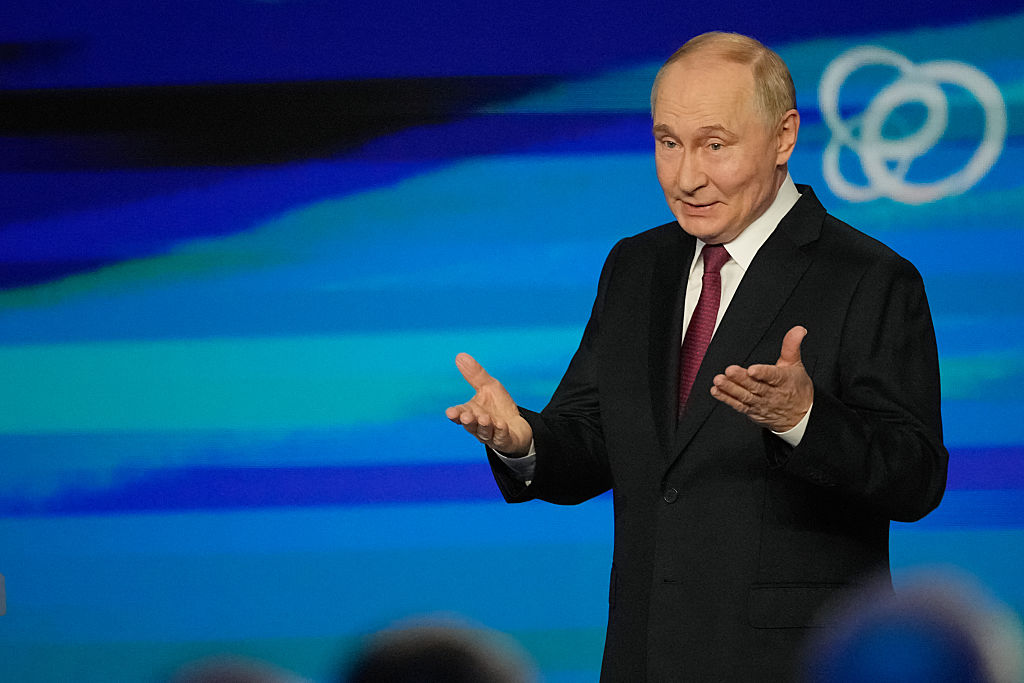

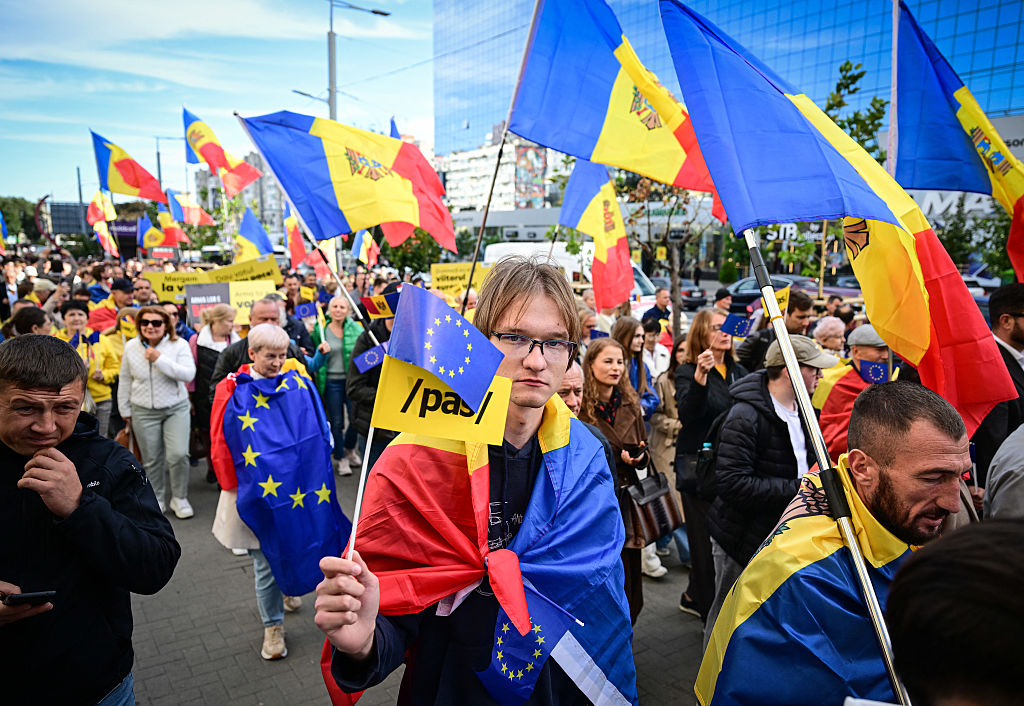








Leave a Reply